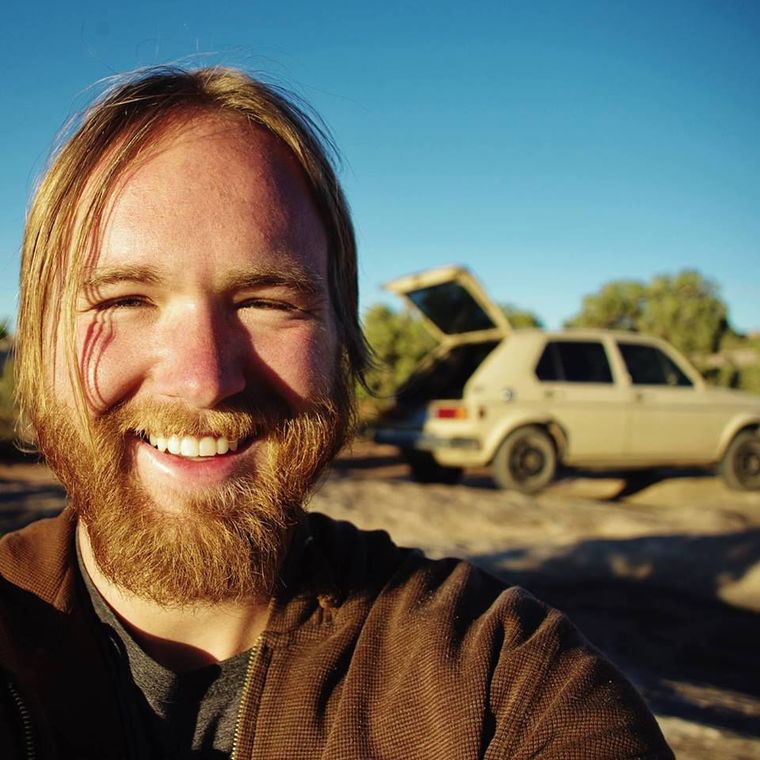Some information may be outdated.
Living in Moab, I tend to forget that the rest of the world exists. The canyon walls form a cradle of obliviousness, putting other places out of sight and out of mind.
Yet I want to say something about global warming and the economy because these things do affect us here, and our actions affect the rest of the world, too.
In the USA, human-caused climate change somehow remains a controversial subject, despite ample scientific research showing that our activity has a large impact. Natural cycles have an influence, but it’s clear that our activities are having a dramatic effect and the consequences are likely to be severe. Denying climate change today is essentially on par with being a flat-earther.
Some of you are squirming and I get it. If the vast scientific consensus doesn’t convince you, I probably can’t either. But even if you don’t accept climate research, surely it’s clear that human economic activity has other dangerous effects on the environment. Deforestation, fossil fuel extraction, plastics in the ocean, agricultural and industrial runoff, mass extinction of many thousands of species — these things threaten our well-being too.
The primary opposition to the scientific consensus on climate change is from those who want economic growth with no restrictions, and from those who think it’s a government tool to control us. Indeed, significantly reducing our impact would mean changing our paradigm of limitless capitalist consumption.
I believe that most people who prioritize the economy over ecology have good intentions. In theory, more wealth means healthier, happier humans. I doubt these people actively want to make our planet uninhabitable and are simply focused on the benefits of greater cash flow.
The problem is: our existence here is fragile. The biosphere of the earth is a thin film on the surface of this big rock hurtling through space. Venture just a few miles above our safe haven, and everything else in the universe wants to kill us. This is a physical reality. We’re exceedingly fortunate to exist in this habitat that meets our bodily needs, and there’s no guarantee it will stay that way.
Money is an abstract human idea. Economic gains are meaningless if all the humans are dead. Therefore, preserving a habitable environment should be prioritized over the growth of the economy.
I think most people agree that it would be tragic if earth became difficult to inhabit. Nearly every life philosophy seems to boil down to one thing: preserving existence and maximizing enjoyment.
Despite all the differences in our worldviews, people generally want a world free of tyranny, fear, and suffering — including the suffering that would arise from a climate catastrophe. We’re in this together.
We can go forward with the current economic paradigm, and the earth will still exist. Life will probably continue on in some form. If humans go extinct, maybe another species will evolve intelligence like ours. On a cosmic scale, it probably doesn’t matter.
But the question is, do we want to face extinction-level threats right now? Do we desire a future where our descendants will face extreme hardship due to the mess we’ve made? Deadly summer temperatures, flooded coastal regions, and the collapse of the ecosystems that enable our food production? What’s good about that path?
Daily high summer temperatures in Moab are projected to be 5°F hotter by 2050. Serious droughts and wildfires are also expected to increase in the Southwest. Why make it worse?
I’d rather work toward a future where intelligent beings can enjoy life and learn about the universe for many thousands of years.
Despite our constant striving for money and possessions, I suggest that the real quality of life is in our relationships, our security, enjoyment, and purpose. We can create efficient economic systems that support stable, happy lives, while also letting go of the excess consumerism that drives environmental destruction and threatens our future.
The cool thing about Moab is that so many people already embrace a minimalist lifestyle and see the value of working to improve the community. Liberals and conservatives alike are upset about the excessive promotion of tourism and the increase of hotels and nightly rentals for rich people to profit from, because it benefits only a few and makes life harder to afford for everyone else.
I want to see a future where we prioritize the common good even when it’s not the most profitable route; because that’s where the real value is.
Millions of people travel through Moab, and we might not realize it but for many of them it’s a life-changing experience. We have the power to influence society simply by demonstrating healthy ways of life and letting tourists take home the impact of that experience.
Joe Omundson writes about philosophy, religion, and the human experience; he also works at Milt’s when he’s in Moab. You can email him at joe.omundson@gmail.com.
Appreciate the coverage? Help keep local news alive.
Chip in to support the Moab Sun News.



